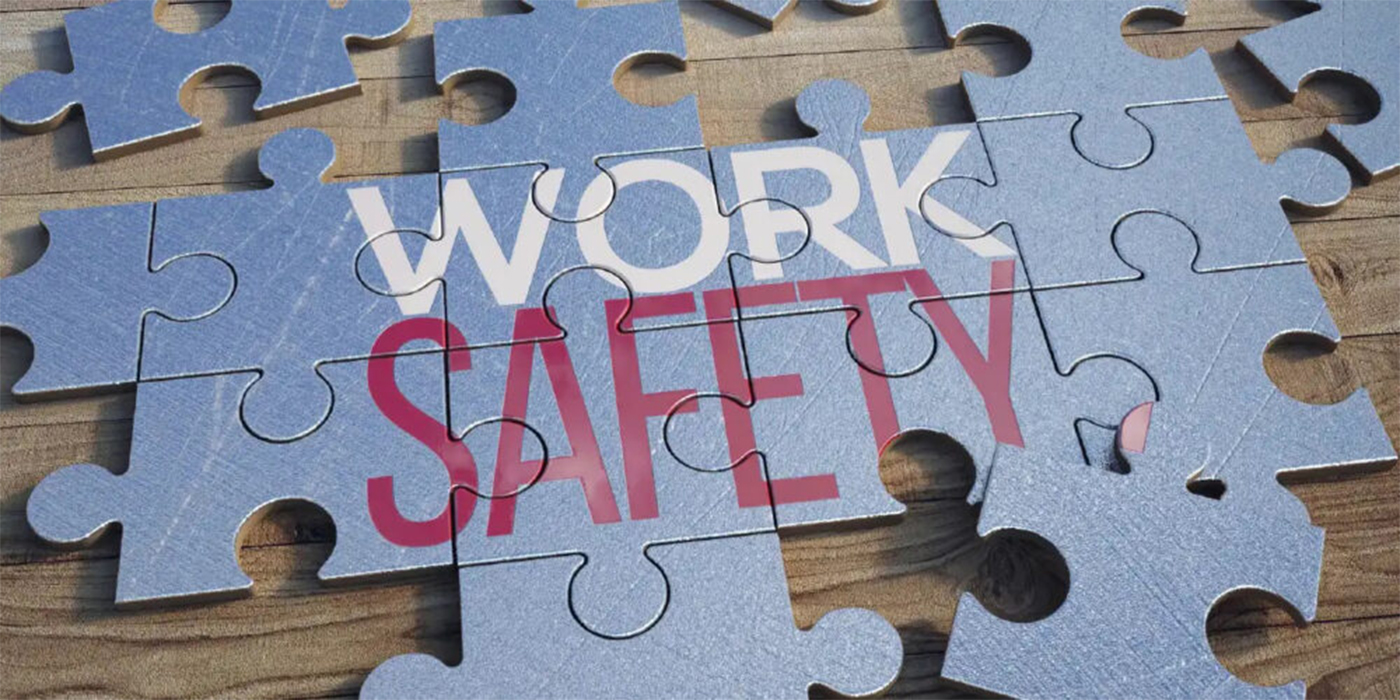It is rare that a situation or event will present itself in such a way as to so profoundly alter the way you see your world that you know you will never be the same.
I’m talking about a paradigm shift so powerful it either reinforces everything you believe to be true or forces you to redefine even your most fundamental principles. I am muddling my way through such an event even as I write this; and, to be completely honest, I’m still not sure where it’s all heading. But, like so many of the other profound and sometimes confounding events in my life, I’m hoping that sharing it here with you will help me achieve a level of clarity that has so far eluded me.
It started with a phone call. “It’s for you,” Frank said, pointing the receiver in my direction. “He says he’s the guy who handles your investments.”
I’m not sure why, but his pronouncement made me more than a little uncomfortable.
“He says he’s the guy who handles your investments,” sounds a lot more pretentious than it really has any right to. And, while it was true the person calling was the guy who handled my investments, starting out poor, fixing cars most of my adult life and creating a business out of borrowed money meant those “investments” weren’t really as substantial as it sounded like they ought to be.
Nevertheless, the guy who handles my investments was calling out of a genuine sense of concern, following a call he received from someone in his office, someone equally concerned subsequent to a conversation we had just concluded.
He was concerned because, although he couldn’t be sure, it sounded to him as if I would be moving at least one of the investment accounts I had on deposit with his office to another broker.
The guy who handles my investments was upset. He couldn’t understand how or why this was happening. After all, he had “taken good care of me, taken good care of our family for years.” According to him, I’d made money on the money that had been placed in his care and custody and I had weathered “The Great Recession” at least as well, if not better, than most of his other clients.
He was calling because he was upset. He was calling because he didn’t understand. He was calling because he didn’t want to lose a “regular customer.” He was calling because he didn’t want me to leave.
He wanted to know why I was so willing to “throw him under the bus” when he had done nothing wrong, nothing to warrant or deserve being treated that way?
Sound at all familiar? It did to me.
I’ve called customers I haven’t seen in a while to see how they’re doing…or, more to the point, to see where they were, and why we hadn’t seen them for so long. I’ve called clients to salvage a relationship. Or, at least, to try. I’ve called clients to try and understand what we might have done wrong, or what we could have done better.
I didn’t have to work hard to empathize. I’ve made that call before — too many times as far as I’m concerned.
Now, I was on the receiving end. Now, I was on the other side of the mountain trying to find an answer that would leave us both feeling a little less uncomfortable. So, instead of coming up with any number of creative, albeit, fictitious reasons for my frustration and eroding confidence, I tried to tell him the truth, the truth as I saw it. More appropriately, I tried to articulate the truth as I felt it.
I was concerned about a specific account and the way that account was performing. I brought that account to his office with what I thought was a clear picture of what I wanted: my expectations. I told him, or at least tried to, how that account needed to perform. And, more importantly, I had explained why. Now, years later, there was a problem and it was clear to me that what I was certain had been clearly understood, hadn’t been understood at all.
I’m not sure what that would mean in your world, but in mine it called just about every other facet of our relationship into question. What else was left unsaid, unclear or misunderstood? If the purpose and performance of this one account could remain obscured after constantly questioning the “what” and “how,” how could anyone be sure of where we were going with everything else?
“But, Mitch, we’ve met every year and every year everything’s been fine!”
And, that’s when it hit me. We did meet every year and every year we shook hands and I walked away thinking everything was fine…even after asking whether or not the account in question would do what it had been set up to do…even when failing to receive an adequate answer, each of us walked away thinking the other knew and understood.
I’d be lying if I told you that I understand the majority of my investments any better than the majority of our customers understand how regenerative braking works or what ethanol is or where it comes from.
What about that once-a-year meeting?
Considering how little most people know about their investments — and, about internal combustion engines — you’ve got to wonder whether meeting with a client once a year is enough. And, that’s when it hit me. That’s when it all came crashing in on me.
The guy who handles my investments was calling because he didn’t understand and he didn’t understand because of a lack of communication. Maybe, we didn’t talk often enough. Maybe, I didn’t work hard enough to make myself clear. Maybe, he didn’t work hard enough to ensure he really understood.
All of a sudden I felt guilty. All of a sudden I felt as if I had failed. I could have worked more diligently to force that understanding. But, whose responsibility was it?
My philosophy has always been that revenue and service flow in opposite directions. When money moves across the counter from a client to a service provider, it is the service provider’s responsibility to provide service. When cash moves from the service provider to a vendor, to a supplier, it is that supplier’s responsibility to provide service.
Regarding fees for services rendered, I paid the guy who handled my investments, so the money was flowing in his direction. Consequently, the service should be moving in the opposite direction, toward me. At least a part of that service has to be understanding the kind of customer wants, needs and expectations we had been talking about.
Sure, I have a responsibility to make myself understood. But, because the money is moving in the other direction, the person or company accepting that revenue stream has a greater responsibility to ensure they understand!
How often has this happened to you? How often have you been on the other side of the mountain? How many times have you wondered where things went wrong? How or why everything went straight to hell?
Too often, I’ll bet.
Suddenly, I understood. I understood every book and article I’ve ever read on the precarious relationship that exists between satisfaction and loyalty. I understood how you can be satisfied with a product or service and still feel compelled to move on, to try something new or someone different.
Realistically, the guy who handled my investments did nothing wrong. He may not have done everything right, but, he certainly didn’t do anything wrong. Unless, of course, you consider not doing everything right is wrong.
I wrestled with the decision to move my accounts. I struggled with the decision to leave. Wouldn’t my leaving be an act of hypocrisy when I’ve asked clients to stay after they’ve made the decision to move on?
I don’t know. All I do know is that over time and through at least four client meetings, I did everything I could to ensure he understood what that account had been created for, understood who it had been created for and, perhaps most importantly, understood how it needed to perform and why.
That’s more than any of us could ever hope for in the few minutes we have to interact with a vehicle owner across the counter on a busy Monday morning, especially when they are in crisis and under stress. You and I have seconds to determine what our clients want, need and expect from us — not however long it takes to get your point across while sitting across a conference table sipping a cup of coffee or tea discussing goals and objectives to be mutually agreed upon.
And, just to complicate things, you and I had better be right! Why? Well, how many careers can you think of where your first mistake is a “firing” offense that will more than likely cost you your job? Not many, I’ll bet.
In the end, I decided to move. Was it a good decision? That remains to be seen. Although, I do remember reading that the first year you’re with a broker is likely to result in the most dramatic and productive results you are likely to experience, because it is during that first year that your new broker will do whatever he can to reinforce the fact
that you made the right choice. I know I can feel the difference already.
I know something else as well. I know that I will work diligently to achieve a higher level of communication than we have ever achieved before, to ensure I do whatever I can to help my existing clients understand just how important they are to our business before they feel there is a reason for them to look around.
I know I will try to listen harder, understand better and communicate more clearly than I ever have before.
In a lot of ways, being on the other side of the mountain was interesting, even educational. But, as interesting and educational as it may have been, it was still uncomfortable enough for me to realize I don’t want to go there again, not to answer questions like the ones I was just asked and certainly not to find myself in the uncomfortable position of
asking them.
I don’t need anyone to tell me that level of discomfort you experience depends on the side of the mountain you’re on. I just came from the other side of the mountain and experienced it for myself.













